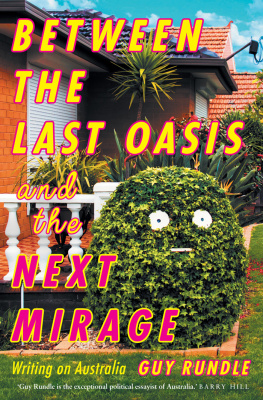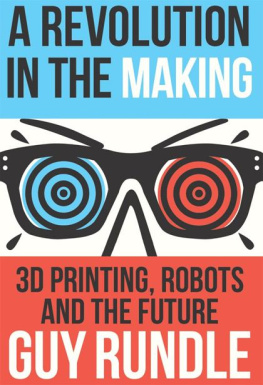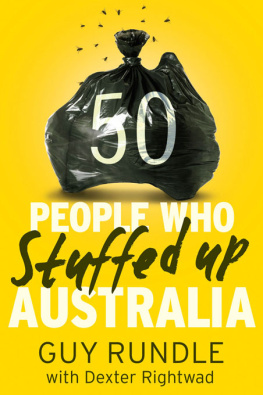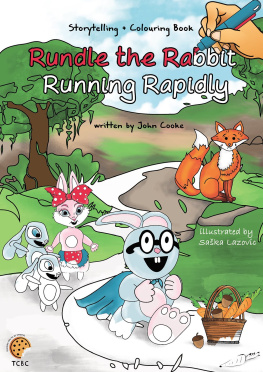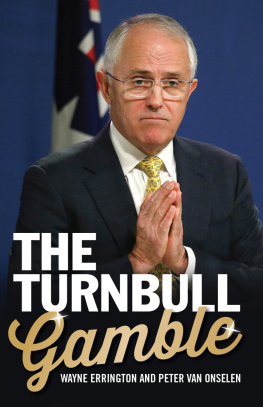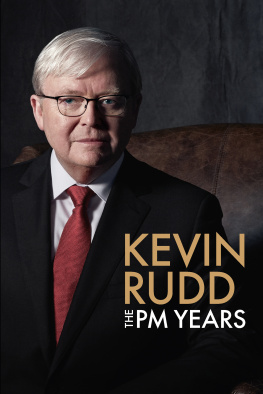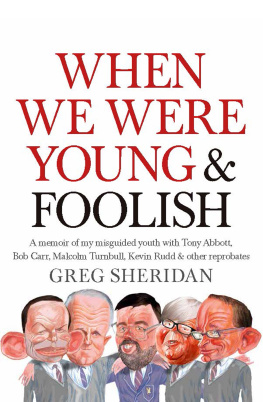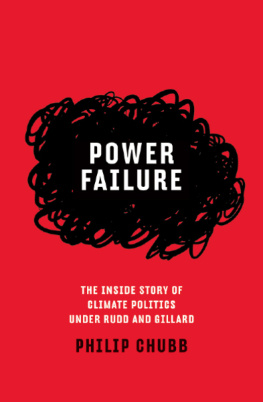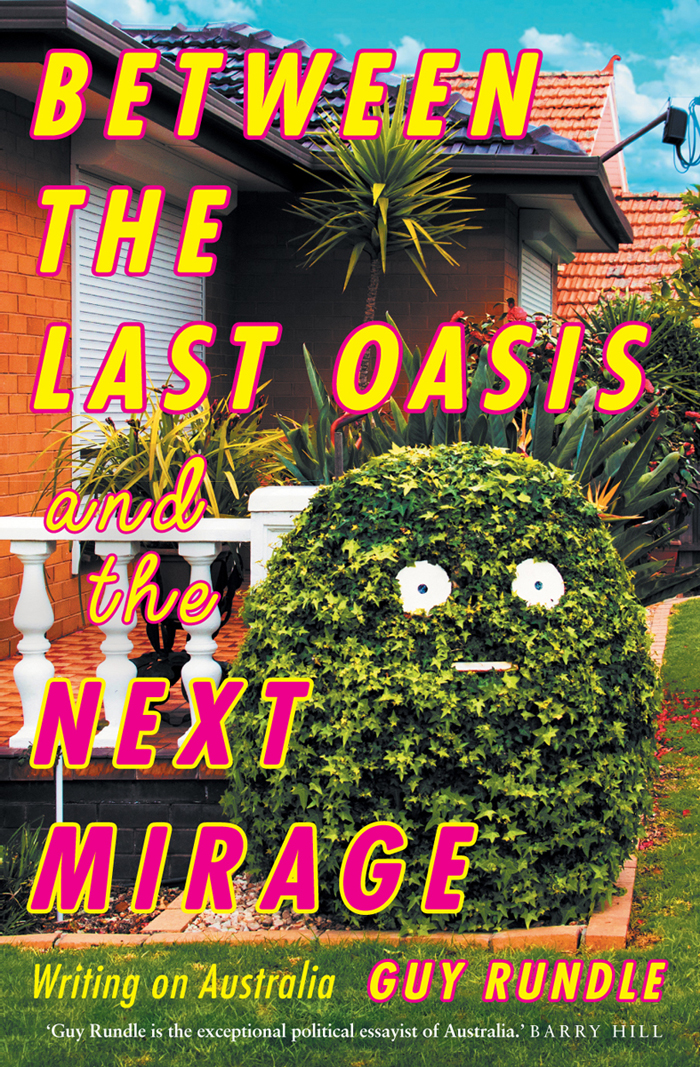Table of Contents
BETWEEN THE LAST OASIS
and the
NEXT MIRAGE
BETWEEN THE LAST OASIS
and the
NEXT MIRAGE
Writing on Australia
GUY RUNDLE

MELBOURNE UNIVERSITY PRESS
An imprint of Melbourne University Publishing Limited
Level 1, 715 Swanston Street, Carlton, Victoria 3053, Australia
www.mup.com.au

First published 2021
Text Guy Rundle, 2021
Design and typography Melbourne University Publishing Limited, 2021
This book is copyright. Apart from any use permitted under the Copyright Act 1968 and subsequent amendments, no part may be reproduced, stored in a retrieval system or transmitted by any means or process whatsoever without the prior written permission of the publishers.
Every attempt has been made to locate the copyright holders for material quoted in this book. Any person or organisation that may have been overlooked or misattributed may contact the publisher.
Cover image: Bush with Eyes by Kim Walvisch
Text design and typesetting by Megan Ellis
Cover design by Design by Committee
Printed in Australia by McPhersons Printing Group

9780522877724 (paperback)
9780522877731 (ebook)
To Andrew Nettefellow-traveller.
Cest comme un chien!
Alain Robbe-Grillet to Barry Oakley, after the latter had drawn for him a map of Australia on a napkin
CONTENTS
INTRODUCTION
The journalism, essays and reviews in this collection were written across a period of twenty years, though the vast majority of them are from this decade. As any sort of portrait of contemporary Australia, the collection is far from complete. No collection would be complete in any case, but there are gaping holes in this one. Politics, and the major campaigns that have shaped our idea of it, are one current, but not all facets are there; the regions, the very different Australias in which we live, are a feature, but only a fraction of them are represented. Considering the hundreds of pieces Ive contributed to Crikey and elsewhere on political and social issues, there is space here for only a sparse selection. There is a focus on Melbourne, my home city, with which I am obsessively entangled, but very little on Sydney, a place I think of as the equivalent of a steel prison toilet filled with pruno. And so on. Such an approach has entailed some near total omissions. If there is almost nothing here about the country and Indigenous and non-Indigenous relations, or about the north itself, it is not because I have not written on it, or thought about it, but because anything Ive said has been too ephemeral, or because I have nothing to offer yet except clich, and the manufacture of clich about Indigenous Australia is what we now have instead of a car industry. Purely for reasons to do with the publishing schedule, the book excludes anything current about the Morrison government, and thank Christ for that.
Any one persons account of this country, as with any country, is going to be fragmentary and partial, but this has applied more than ever before in the last decade or so, as the notion of a national public sphere and shared space has become more attenuated because of changes in the nature of technology and media. This collection includes a memoir of working in commercial television in the 1990s, before pay TV, as it is called, had really started up; and although commercial free-to-air TV is a largely counterfeit public sphere, it was a place which generated shared experiencefrom the Arafura to Zeehan, people watched the same cheesy comedy in their millions. Ditto for music, and going back further, for the newspapers, the big stories, the diverting fads and obsessions.
That country, and that world, is gone now. Media and government now try and engineer shared events, from The X Factor to Anzac Day, but they leach away almost as fast as they are made. We no longer really know what is going on in the big city we live in, and we once did because every time a pizza shop was robbed in Montmorency/Punchbowl/insert other suburbs here, it got a page five story in the city tabloid. This rapid atomisation can be reversed by great events, as the super-fun COVID-19 experience has shown. But even such megahappenings are increasingly experienced through the sub-networks that have become our mode of life (that, and a remorselessly spreading isolation and loneliness), organised into what I regard as the two great social classes of our time, in cultural terms: the knowledge class and, er, everyone elsethe great divide that has opened up the political culture wars of our era, which are a focus of the political commentary.
Such changes exile us not only from each other (though the new technologies also help people find affinities they would not otherwise have discovered, both good, such as the marginalised and oppressed, and less so, i.e. Nazis) but also from our history. That is a product also of the changes wrought by continuing high migration rates, which can leave one feeling that the past is less a foreign country than another planet. The books title is a slightly altered version of an Ern Malley quote, and there was a time when the Ern Malley hoax was part of the generally known mythology of Melbourne, as were other things such as Eddie Leonski and the brownout murders; Germaine Greers youthful exploits; Barry Humphriess dada art exhibitions; Zig and Zag (whatever happened to them oh); the ritual, celebratory Painters and Dockers murders (the gangster union, not the band) in Port Melbourne pubs; the owlish Maoist Albert Langer successfully defending himself in court against charges of rioting; and much much more. In this frozen city at the southern end of the world, twelve football teams played every Saturday afternoon, each matched up to every other team twice across the winter, all the sirens going at the same time in the darkening afternoon, which laced the place together tight as a cleated boot.
This was all set within a country whose unity was somewhat more illusory, created in part by its unique status as the worlds only nation- continent, one, until fairly recently, more or less off the edge of the world. It was still half-British when I grew up, the good books and TV coming from the mother country, and even the crappy comic books we read, less Marvel than Cor!! and Blimey! And suchand I am half-British myself, hating sport and sunI felt like I had been born in exile. The Britishness illusion did not survive an extended period of living in Britain. Like countless antipodeans before me (Theyre the antipodeans! We are the pode!), I realised I was Australian less out of love than necessity: the need for the open spaces between towns and cities, for the vast wonderfulghastly suburbs, for the space to be (for some) that is not so much an expression of our culture as a possibility arising from, relatively speaking, the absence of a culture. Theres probably, once again, too much Ern Malleying going on among a certain section of us, but if there is, that is the reason for it. It remains the best expression of a certain sentiment difficult to be rid of, that this is a place where it still seems strange to be.

